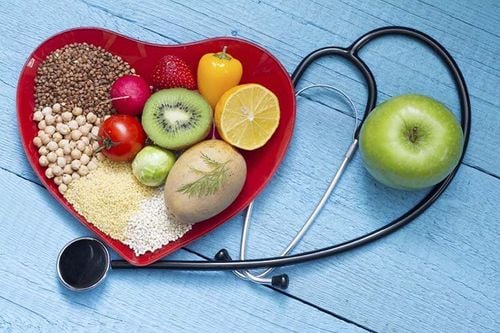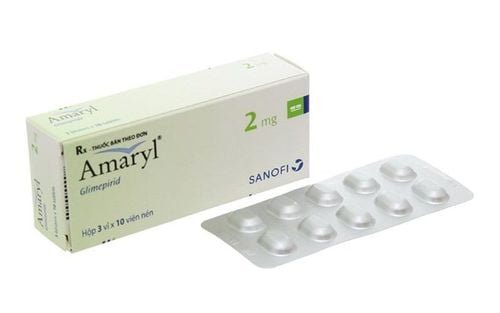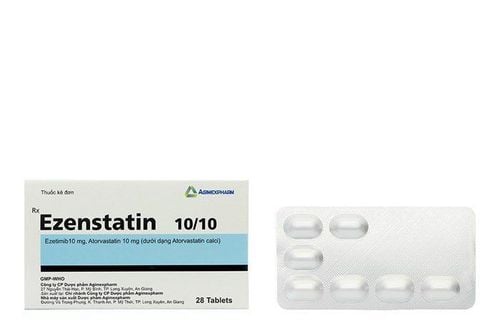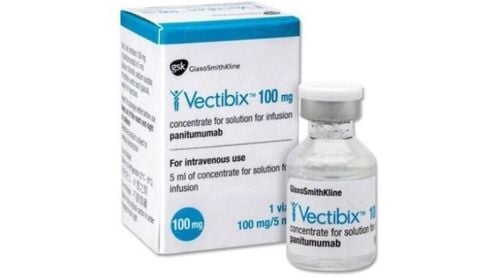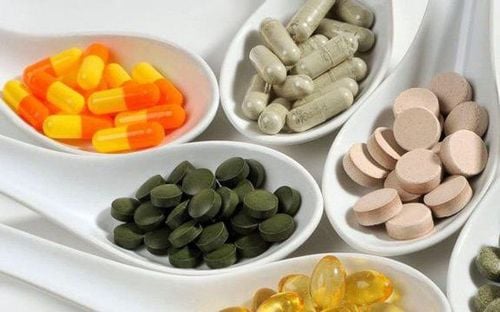This is an automatically translated article.
The article was professionally consulted with Specialist Doctor I Dong Xuan Ha - Digestive Endoscopy - Department of Medical Examination and Internal Medicine - Vinmec Ha Long International Hospital. and MSc.BSCKII Phan Thi Minh Huong - Gastroenterologist, Vinmec Danang International General Hospital.Dietary fiber has many benefits for human health. You may have heard the terms "soluble fiber" and "insoluble fiber," but each of these types of fiber contains a variety of substances with different effects.
1. What is fiber?
Fiber is an ingredient found in plants, fruits, grains, and nuts. Your body can't digest fiber, so it passes through your intestinal tract quickly. There are two main types of fiber, soluble fiber and insoluble fiber.Soluble fiber absorbs water from the intestinal lumen, helping to soften stools, increase stool size and increase bowel movements. Soluble fiber is found in oatmeal, flaxseed, barley, dried peas, oranges, tangerines, and carrots, as well as some vegetables like chicory, beets, and astiso.
All types of soluble fiber slow down digestion, so it takes longer for your body to absorb the sugar (glucose) from the foods you eat. This helps prevent spikes in your blood sugar levels - an important part of managing diabetes. Soluble fiber also binds to fatty acids, flushing them out of the body and helping to lower LDL (bad) cholesterol.
Insoluble fiber is intact when it reaches the large intestine and increases stool volume, reducing symptoms of constipation. The presence of insoluble fiber helps balance the pH in the intestines, reducing the risk of colon cancer. Insoluble fiber is found in seeds, nuts, dark green leafy vegetables, and wheat bran.
Most of us get both types of fiber from foods and supplements. We can get nutrients from fruits, vegetables, nuts, beans and whole grains. Fiber supplements are extracted from its natural sources, then added to supplements or foods to fortified drinks to increase fiber content.
According to experts, an average of a day for women aged 50 and under should provide the body with 25 grams of fiber and men should be 38 grams. But in fact, each person only provides about half the amount of fiber needed for the body. If you cannot provide enough fiber for your body with all-natural foods, you can supplement fiber from medicines and drinks that provide additional fiber.
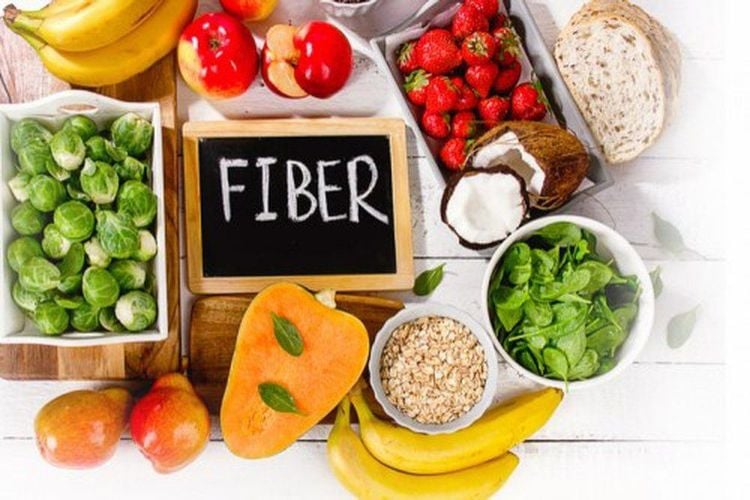
2. Certain types of fiber and their benefits
Here are some types of soluble and insoluble fiber, the benefits and sources of fiber you should refer to. From here, you will have options to supplement good fiber for your body.Cellulose and some hemicellulose are insoluble fibers. This fiber is found in nuts, whole wheat, whole grains, bran, seeds, etc. Xen lulozo is a natural laxative product, as it helps relieve constipation, reduces the risk of constipation. diverticulitis, which can help with weight loss.
Soluble fiber Inulin and oligofructose: extracted from onions and in many plants such as radish or chicory (root). Inulin and oligofructoscose help balance the intestinal microflora, stimulate the selective growth of beneficial bacteria and enhance immunity. Lignin is an insoluble fiber found naturally in flaxseeds, rye, and some vegetables. Lignin is good for heart health and immune function. However, if you have celiac disease or gluten intolerance, you should use this fiber with caution.
Soluble fiber Mucilage and beta-glucans are found naturally in oats, oat bran, peas, barley, flaxseeds, berries, soybeans, bananas, oranges, apples, carrots. Mucilage and beta-glucans help lower bad LDL cholesterol, reducing the risk of coronary heart disease and type 2 diabetes. If you have celiac disease or gluten intolerance, consult your doctor before using this fiber.
Pectin is a type of soluble fiber (some pectin may be insoluble). This fiber is found naturally in fruits, berries, and seeds. Pectin is also extracted from citrus peels and other plants to boost fiber in processed foods. At the same time, slow down the passage of food through the GI tract, helping to reduce cholesterol in the blood.
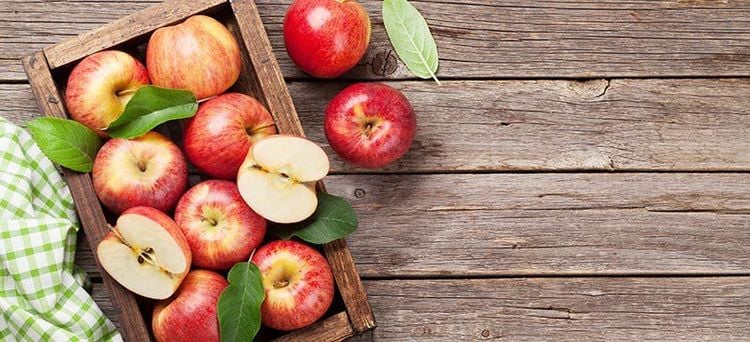
Psyllium is a soluble fiber extracted from the seeds or bark of the plantago ovata plant. Psyllium is found in dietary fiber supplements, beverages, and foods, helping to lower cholesterol and prevent constipation.
Soluble starch is located in plant cell walls, found naturally in unripe bananas, oatmeal and legumes. Besides, it is also extracted and added to processed foods to increase fiber. Carbohydrates can help with weight management by promoting fullness; Helps control blood sugar. It increases insulin sensitivity and may reduce the risk of diabetes.
Wheat dextrin belongs to the type of soluble fiber extracted from wheat starch, and is widely used to supplement dietary fiber in processed foods. Wheat dextrin helps lower cholesterol (LDL and total cholesterol), and may lower blood sugar, reducing the risk of heart disease. Although wheat dextrin is healthy, you should avoid it if you have celiac disease or gluten intolerance.
Please dial HOTLINE for more information or register for an appointment HERE. Download MyVinmec app to make appointments faster and to manage your bookings easily.
Article reference source: Webmd.com




